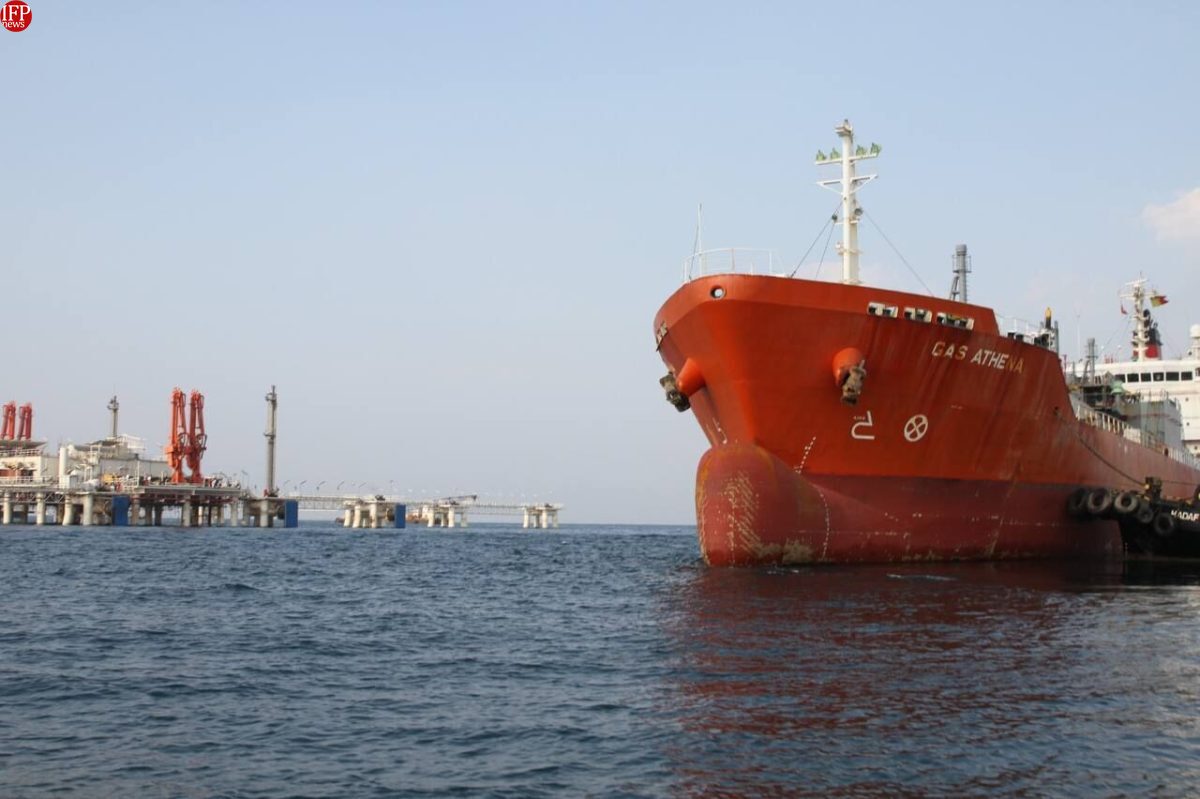First Private Oil Dock In Iran’s South Pars Commences Operations

Iran has taken a significant step in enhancing its oil export capabilities with the launch of its first private oil dock. Located in Kangan, in the southern province of Bushehr, this facility marks a new era for the country’s oil and gas industry. The dock recently commenced operations by successfully fueling a Bangladeshi ship, showcasing its readiness to handle international maritime activities. This development is not just a milestone for Iran but also a strategic move to boost its position in the global energy market. The dock, named Parsa Fidar Paydar, is designed to meet high safety and operational standards, ensuring efficient service for large vessels.
The operational commencement of this dock is expected to have a profound impact on Iran’s energy exports. With the ability to handle significant volumes of liquefied gas, the dock is poised to increase Iran’s export capacity substantially. This initiative reflects Iran’s ongoing efforts to modernize its oil and gas infrastructure and attract foreign investment. As the global demand for energy continues to rise, the Parsa Fidar Paydar dock positions Iran to play a more prominent role in meeting that demand.
Operational Highlights and Future Prospects
The Parsa Fidar Paydar dock has been designed to accommodate large vessels, including the largest ship specifically built for transporting warm and pressurized liquefied gas. According to the IRNA news agency, the dock successfully facilitated the docking and loading of this vessel in record time, adhering to the highest safety standards. This efficiency is crucial for maintaining competitiveness in the global market, where time and safety are paramount.
The dock received its operational license two years after construction, a testament to the rigorous standards and regulations governing Iran’s oil and gas sector. The operational commencement was overseen by key representatives from various governmental bodies, including the Customs Administration, the Ports and Maritime Organization, and the National Iranian Gas Company. Their involvement underscores the importance of this facility to Iran’s energy strategy.
Looking ahead, the dock is expected to increase the export capacity of warm liquefied gas by up to 50%. It is projected to handle approximately three million tons of cold gas annually, utilizing a dolphin model dock. This expansion in capacity will not only enhance Iran’s export potential but also contribute to the country’s economic growth. As the global energy landscape evolves, the Parsa Fidar Paydar dock positions Iran to capitalize on new opportunities in the oil and gas sector.
Strategic Importance of the Dock
The establishment of the Parsa Fidar Paydar dock is strategically important for Iran, particularly in the context of its energy exports. As the country faces various economic challenges, including sanctions and fluctuating oil prices, enhancing its export capabilities is crucial. The new dock provides Iran with a vital asset to improve its competitiveness in the global energy market.
Moreover, the dock’s ability to handle large volumes of liquefied gas opens up new avenues for trade. It allows Iran to cater to a broader range of international clients, including those in Asia and beyond. The successful fueling of the Bangladeshi ship is just the beginning. It signals Iran’s readiness to engage more actively in the global energy trade.
Additionally, the dock’s operational efficiency and adherence to safety standards will likely attract foreign investment. Investors are often wary of entering markets with inadequate infrastructure or safety protocols. By demonstrating its commitment to high operational standards, Iran can foster a more favorable investment climate.
The Parsa Fidar Paydar dock is more than just a new facility; it represents Iran’s aspirations to strengthen its position in the global energy market. With increased export capacity and improved operational efficiency, this dock is set to play a pivotal role in Iran’s economic future.
